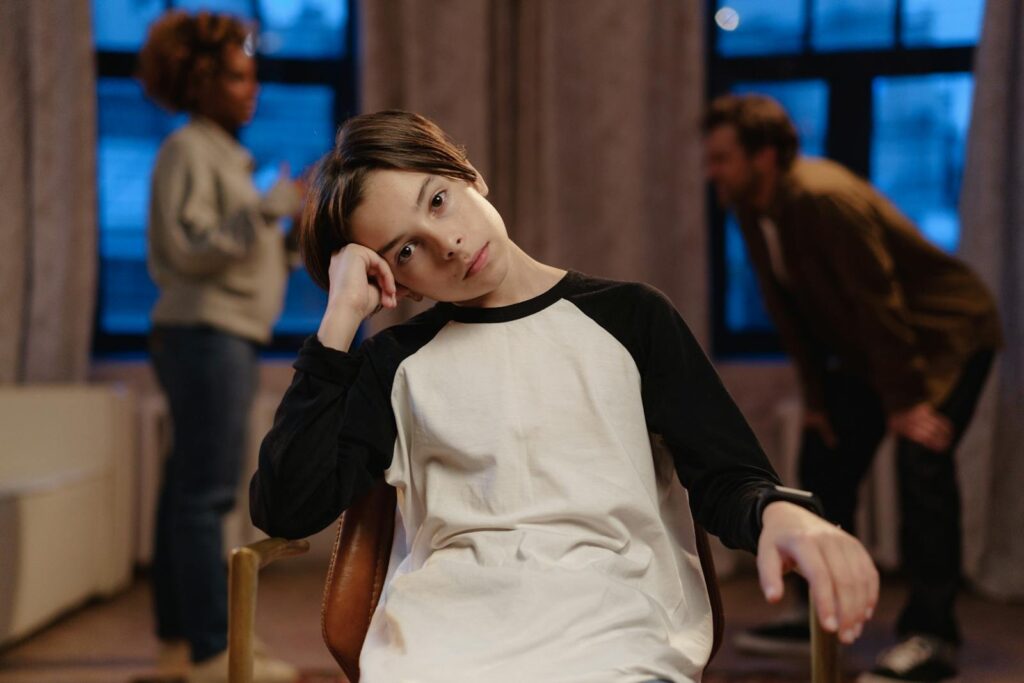
It’s not always easy to notice when someone missed out on having a real childhood. On the surface, they may seem independent, mature, or even successful. But underneath, there are signs that they never got the chance to be a kid. Certain experiences, or the lack of them, reveal how quickly they had to grow up. Here are 15 signs you never really had a childhood.
You Had Adult Responsibilities Too Soon
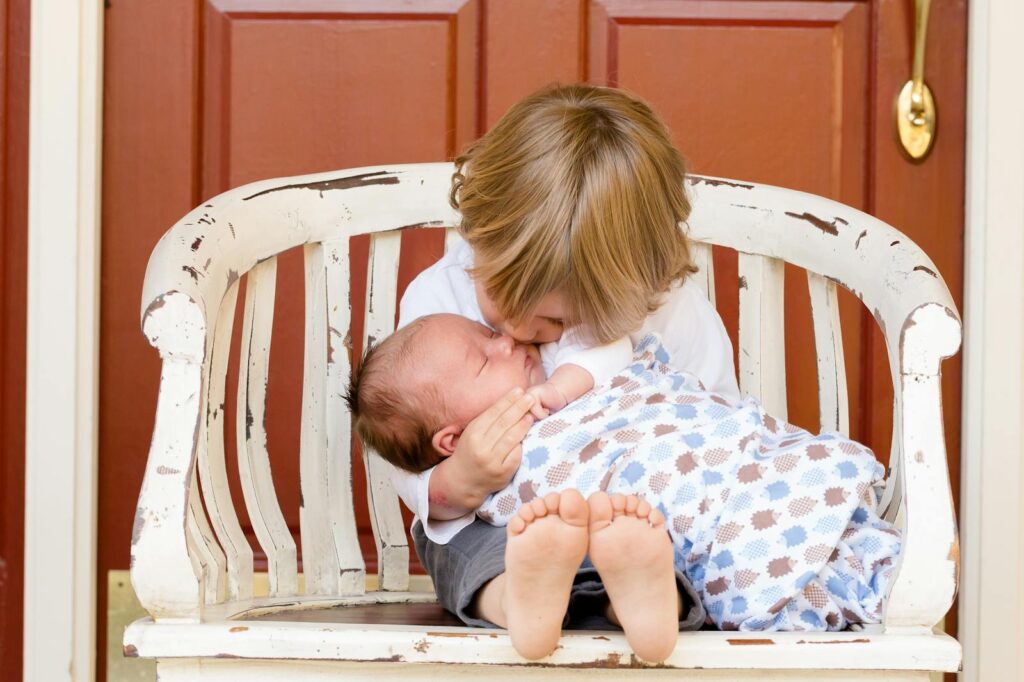
When a child is expected to cook or take care of siblings while other kids are playing, it shows they skipped a big stage of life. Taking on adult duties too early takes away freedom and imagination. Instead of being a carefree soul, they were forced to grow up fast. Those responsibilities leave lasting effects, making it harder to enjoy rest or lightheartedness as an adult.
You Don’t Remember Playing Much
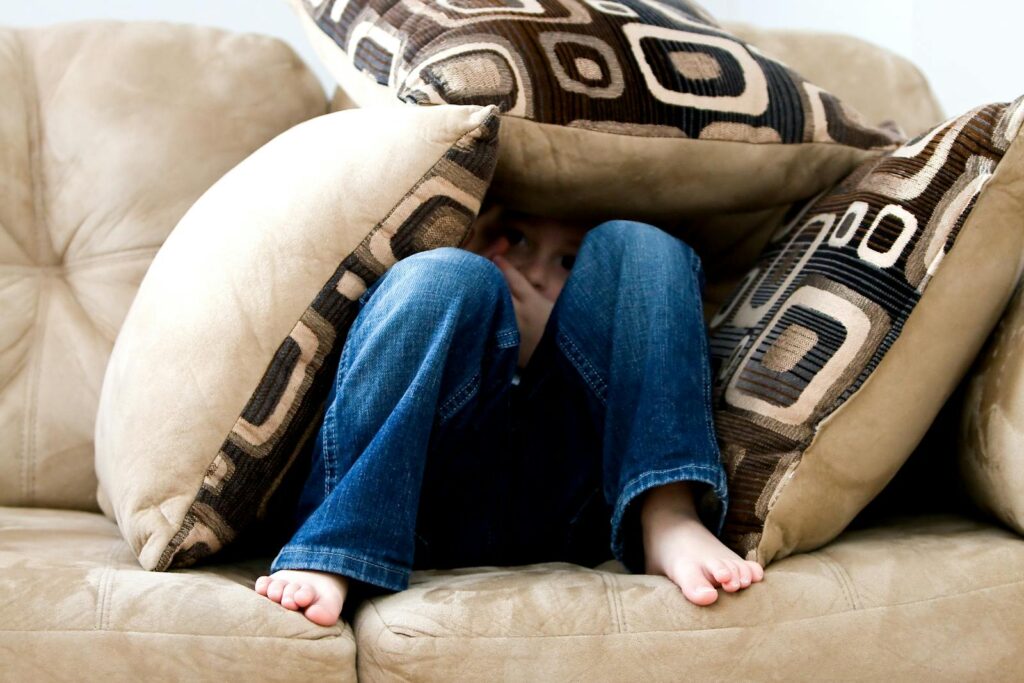
Play is one of the most important parts of childhood, but not everyone gets that chance. If your memories are more about work, chores, or stress, it means you lost something vital. Playtime teaches creativity and joy, but when it’s missing, adulthood feels heavier. People who don’t remember playing much as kids often struggle to relax or find enjoyment later in life.
You Never Felt Safe at Home
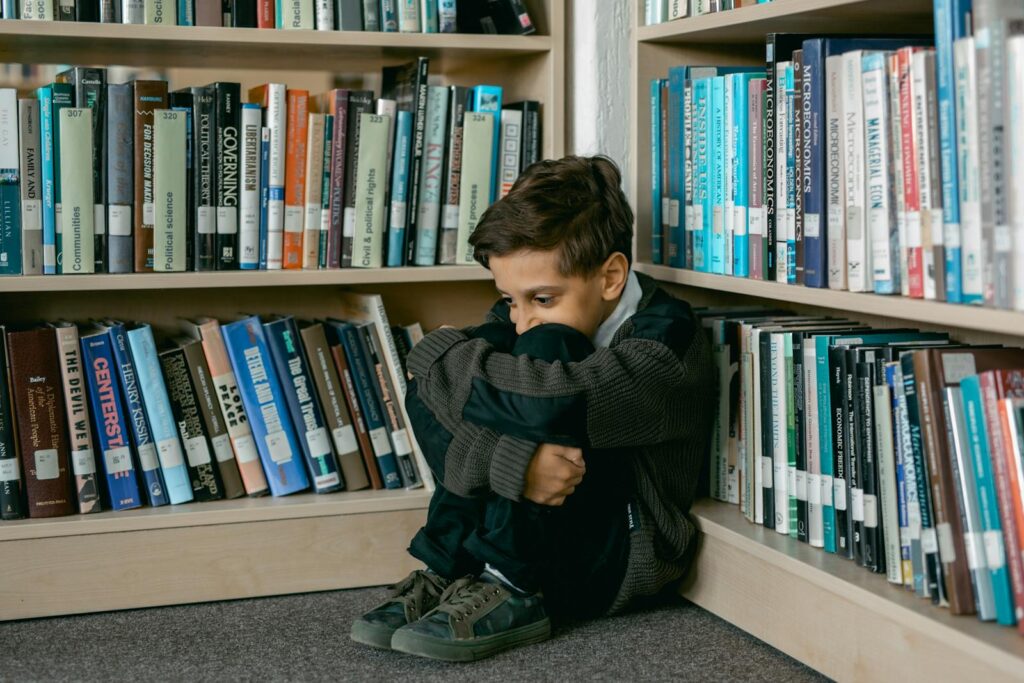
Childhood should come with a sense of safety, but if home was filled with tension, conflict, or instability, that security never existed. Kids who grow up in fear become watchful instead of carefree. They stay alert, bracing for problems, instead of feeling comfortable. That lack of safety takes away innocence and changes how someone views trust and relationships long after they’ve grown up.
You Became the Parent in Your Family
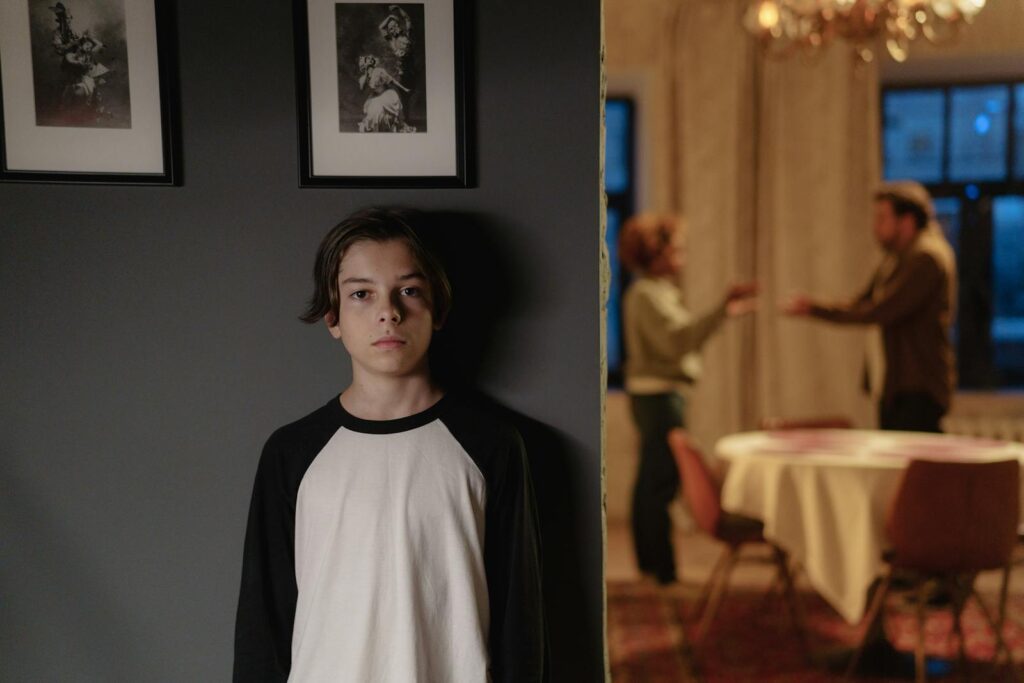
Some children grow up taking care of their parents instead of being cared for. Whether it’s managing emotions, handling responsibilities, or keeping the peace, this role reversal robs them of childhood. It forces them into maturity before they’re ready. People who had to act like a parent often carry that burden for years because they were never allowed to be a child themselves.
You Rarely Celebrated Special Days
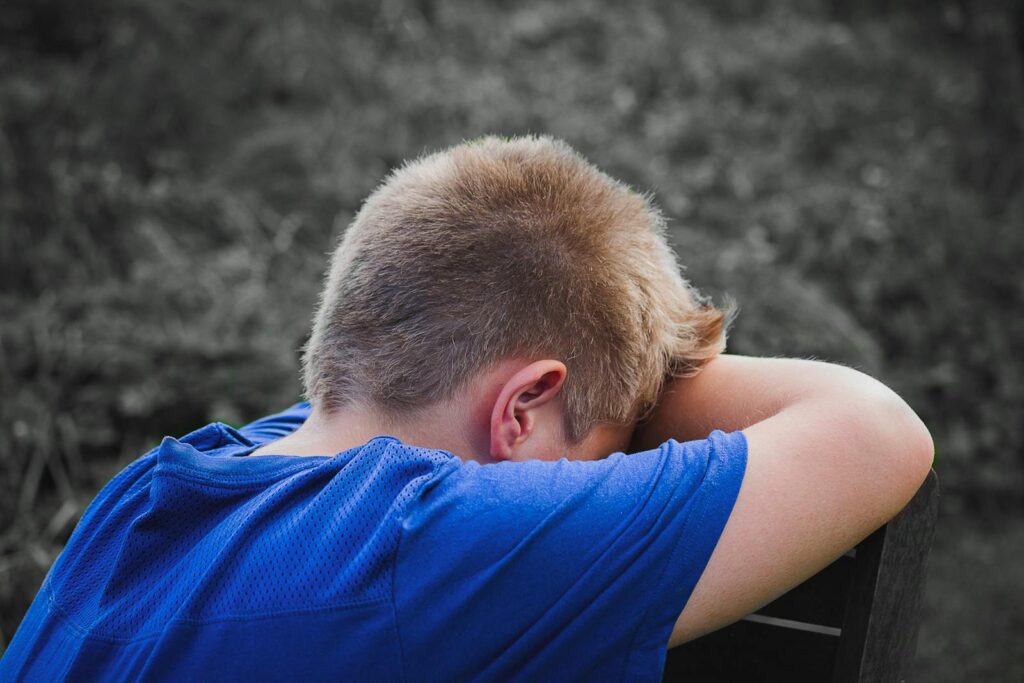
Birthdays, holidays, and milestones are what make childhood feel magical. Missing those special moments means a childhood that’s void of any joy and tradition. Kids don’t get to experience the excitement or belonging that comes with celebration. And then, they may feel out of place when others enjoy all these events, because they never learned how to celebrate.
You Were Punished Harshly for Mistakes

Mistakes should be part of learning, but if every slip were met with anger or some kind of brutal punishment, it would change childhood completely. Instead of experimenting and growing, kids become fearful and cautious. They lose the freedom to try new things without heavy consequences. Adults who grew up this way often carry perfectionism or anxiety because mistakes were never treated as a normal part of life.
You Had to Stay Strong All the Time
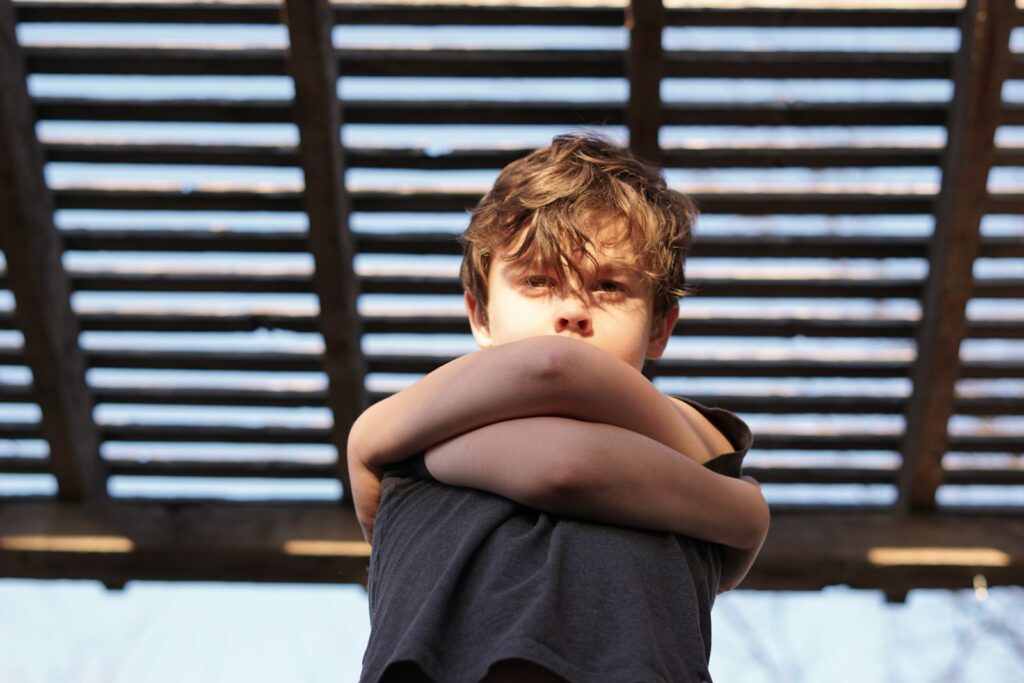
Children aren’t meant to hide emotions, but some feel they must. If crying or showing weakness wasn’t allowed, they learn to put on a strong front. This takes away the chance to be vulnerable and cared for. As adults, they may struggle to open up because they were trained to believe feelings make them weak. That constant toughness is a clear sign of lost childhood.
You Grew Up Surrounded by Conflict
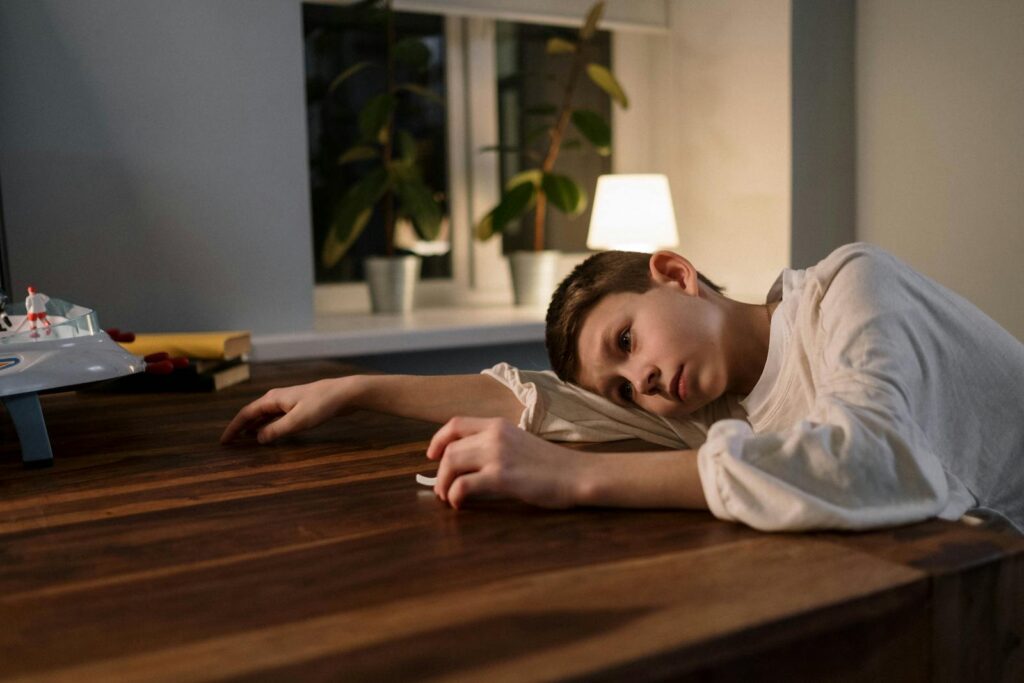
Homes filled with yelling, fighting, or chaos don’t leave much room for childhood innocence. Kids raised in constant conflict become hyperaware and anxious, preparing for the next outburst instead of enjoying peace. This environment forces them to mature quickly, because calm and safety never existed. Later in life, the effects show in how they handle stress and whether they can ever truly relax.
You Didn’t Have Close Friends as a Kid
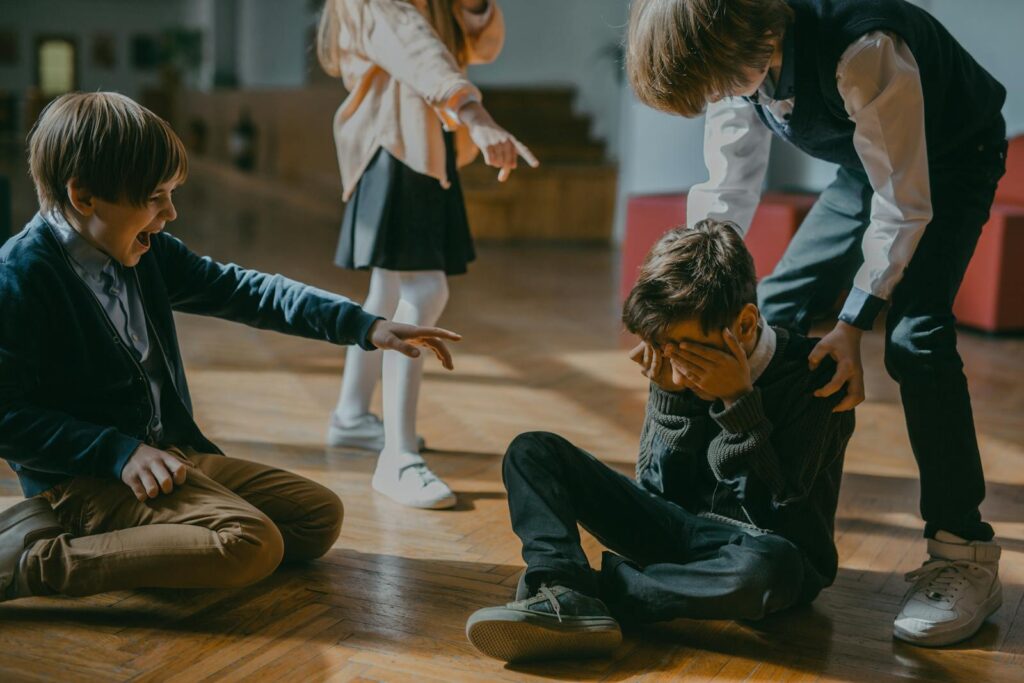
Friendships are a huge part of growing up, but some kids miss out because of strict rules or emotional isolation. Without all those bonds, they lose chances to share secrets, laugh, and grow socially. The absence of friendships in childhood can make connecting very hard later on. Adults who lacked childhood friends carry a deep sense of loneliness that started early.
You Rarely Felt Taken Care Of

One of the clearest signs of a lost childhood is never feeling looked after. Kids need comfort and nurturing, but if no one provides those things, they have to manage on their own. Instead of being cared for, they became self-reliant too soon. That independence may look like strength to you, but it’s also a reminder of the care and protection they never had.
You Didn’t Believe in Imagination or Magic
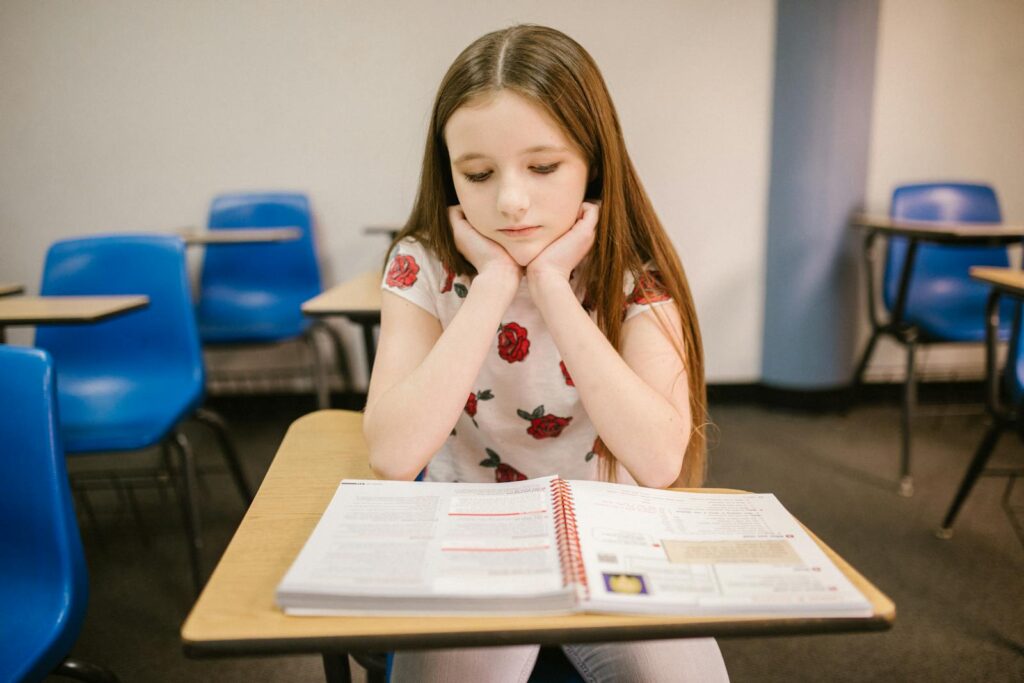
Childhood usually includes pretending, dreaming, and imagining magical worlds. If real life was too heavy, that spark never had room to grow. Missing out on imagination leaves life feeling serious too early. Kids who don’t get to believe in fairytales or play pretend often grow into adults who struggle with creativity, because they never had the chance to dream when they were young.
You Avoid Talking About Your Childhood

When someone quickly changes the subject whenever childhood comes up, it’s usually because those years weren’t happy. The lack of fun stories or positive memories reveals that time was filled with pain or emptiness. Avoidance becomes a way to cope with what was missing. Silence about childhood isn’t accidental—it’s often a quiet sign that those years weren’t really childhood at all.
You Never Felt Loved as a Child
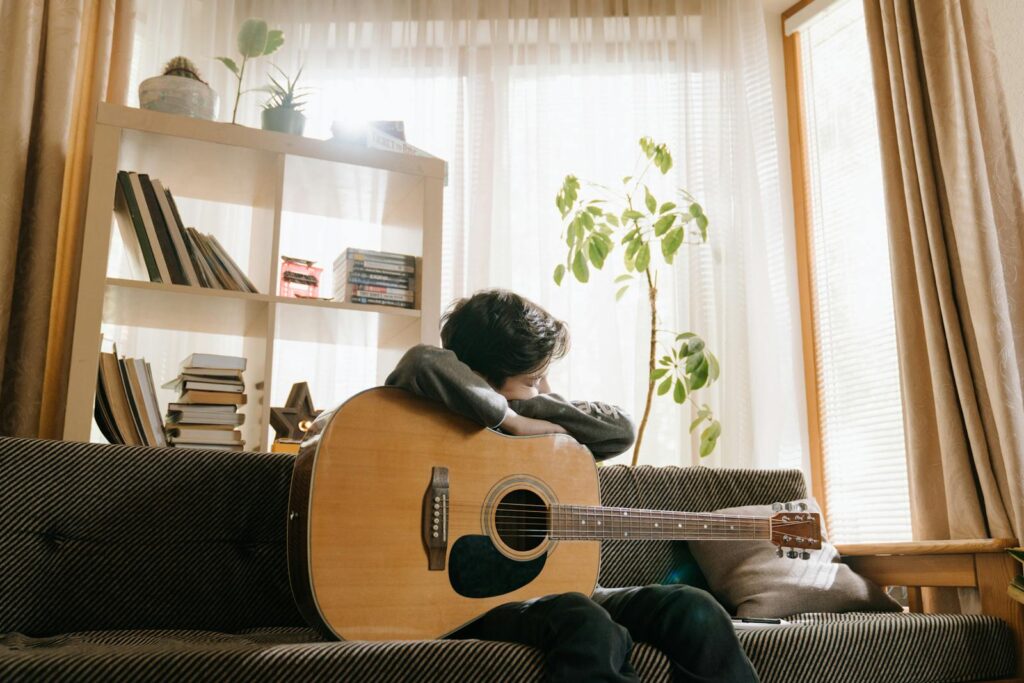
Love is what makes childhood feel secure, but not everyone grew up with it. Missing hugs, kind words, or simple affection leaves a deep gap. When love is absent or only given conditionally, children start questioning their worth. That lack of love follows into adulthood and it shapes how they see themselves and their relationships. It’s one of the clearest signs of a lost childhood.
You Were Always Trying to Please Others

Some children grow up focused on keeping others happy. They learn to put everyone else’s needs first, whether it’s their parents, siblings, or even teachers. This constant pressure takes away individuality and fun. Adults who grew up this way struggle to know what they truly want, because their childhood taught them to value approval over self-expression.
You Struggle to Relax as an Adult

Relaxing feels very natural for someone who had carefree moments as a kid, but not for those who missed out completely. If childhood was filled with stress or responsibilities, rest feels uncomfortable later in life. They may equate downtime with laziness because productivity was always expected. The inability to enjoy quiet moments is a strong sign of a childhood that never really happened.

